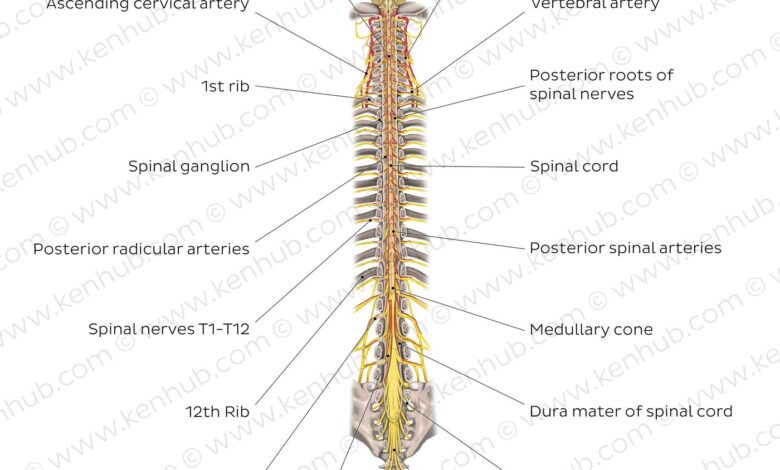Spinal Cord Damages and Injury Claims

Spinal cord injuries can cause significant expenses for medical care and living expenses. A successful lawsuit can compensate the victim for these economic damages. To win a spinal cord injury case, the victim or filing party must prove that the defendant breached their duty of care. It could be because of a car accident, work-related incident, or act of violence.
Pain and Suffering
Devastating spinal cord injuries may necessitate a lifetime of costly medical treatment. These injuries also have the potential to cause serious pain and suffering and a spouse’s loss of consortium. Get help from a spinal cord injury law firm when pursuing compensation from the responsible party. A skilled attorney can identify the defendants and build a strong case for full and fair compensation. Defendants in spinal cord injury cases can include drivers and property owners in motor vehicle accident claims, doctors and hospitals in medical malpractice claims, and product manufacturers in defective products liability claims.
Medical Bills
Medical bills are often a major factor in spinal cord injury claims. In addition to the cost of treatment, a victim may incur other charges such as transportation, housing, medical supplies, and wheelchairs. These expenses can easily add up to over $1 million in a lifetime. A successful claim for damages will seek compensation for past and future financial losses associated with the injury. It includes past lost wages, loss of future earning potential, assistive devices, and other unforeseen expenses.
A wide variety of events causes spinal cord injuries. However, most cases revolve around negligence or defective products. For instance, if another driver’s carelessness or intoxication causes you to suffer spinal cord damage in a car accident, you may be held accountable. Employers who provide unsafe working conditions or faulty equipment can also be held responsible for workplace injuries. Other common defendants include doctors and hospitals in medical malpractice claims, car or seat belt manufacturers in product liability cases, and coaches in sports-related damages.
Loss of Future Earning Capacity
A spinal cord injury can affect a victim’s ability to work and future income. In some cases, victims might never be able to return to their previous jobs. Others may need to spend money on physical therapy or rehabilitation, making it hard to return to work in the same capacity. These costs are called economic damages, including hospital bills, physical therapy, rehab expenses, medications, medical equipment, home modifications, and in-home care. There are also non-economic damages, or pain and suffering, which attempt to compensate a person for the emotional distress and discomfort that stems from a spinal cord injury. Proving these types of damages can be difficult, and each case differs. However, the most important step in building a successful claim is providing sufficient evidence that proves your damages accurately. With this, you can receive the compensation you need.
Punitive Damages
A spinal cord injury can profoundly impact the victim physically and emotionally. When you have suffered this injury due to someone else’s negligence, filing an accident claim and seeking compensation for all your damages is important. Depending on the seriousness of your injuries, your attorney may also ask for compensation for non-economic losses. This component is more common for permanent spinal injuries and can increase your settlement payout significantly. In addition, if your injury was due to medical malpractice during surgery, you may be entitled to punitive damages. It punishes the defendant for their egregious behavior and deters others from similar actions.



